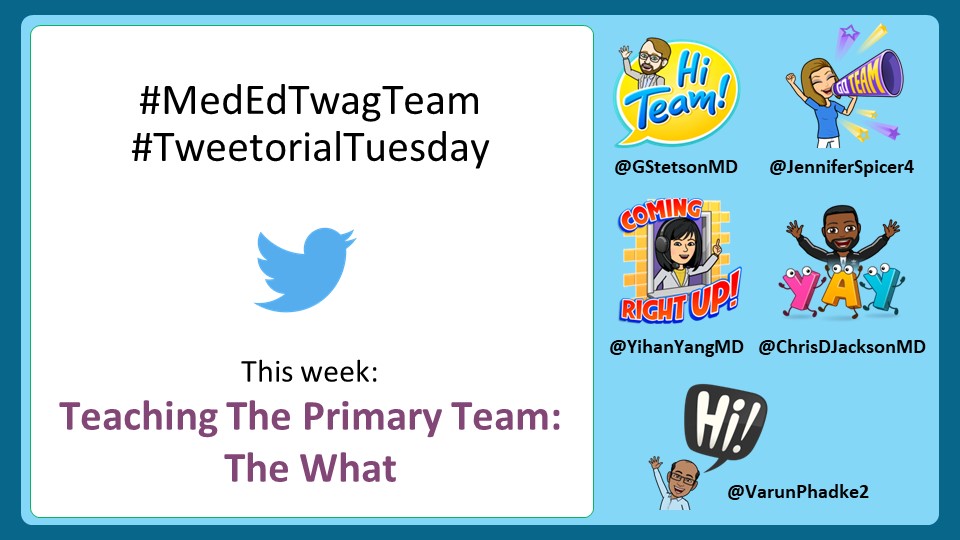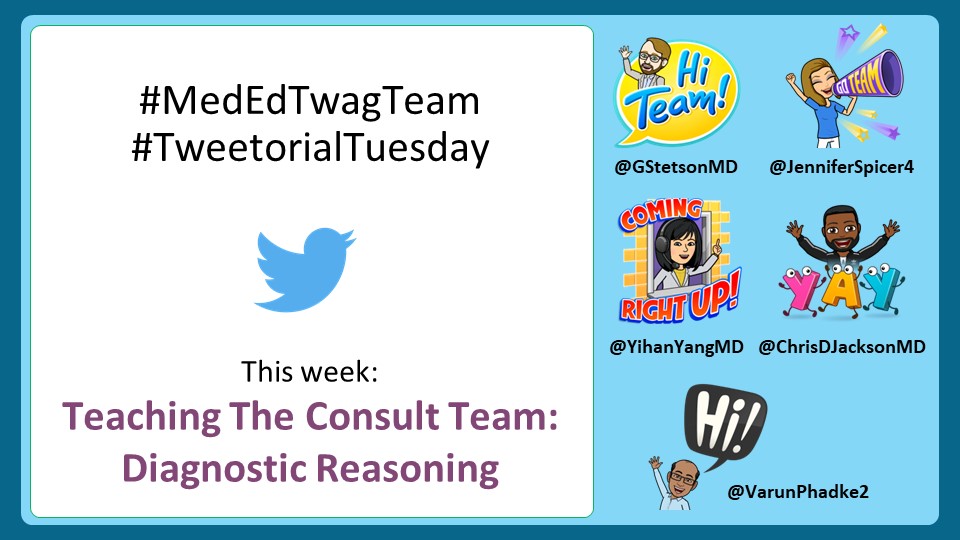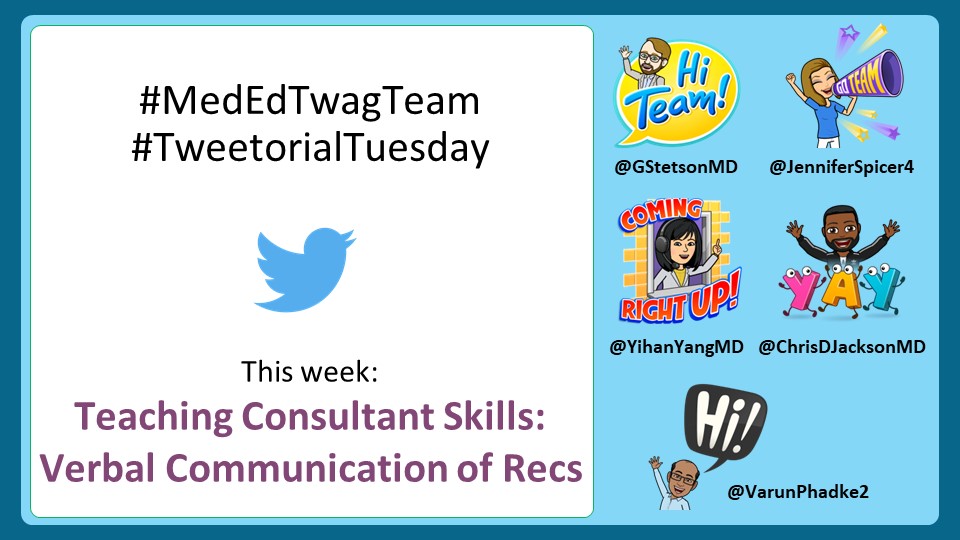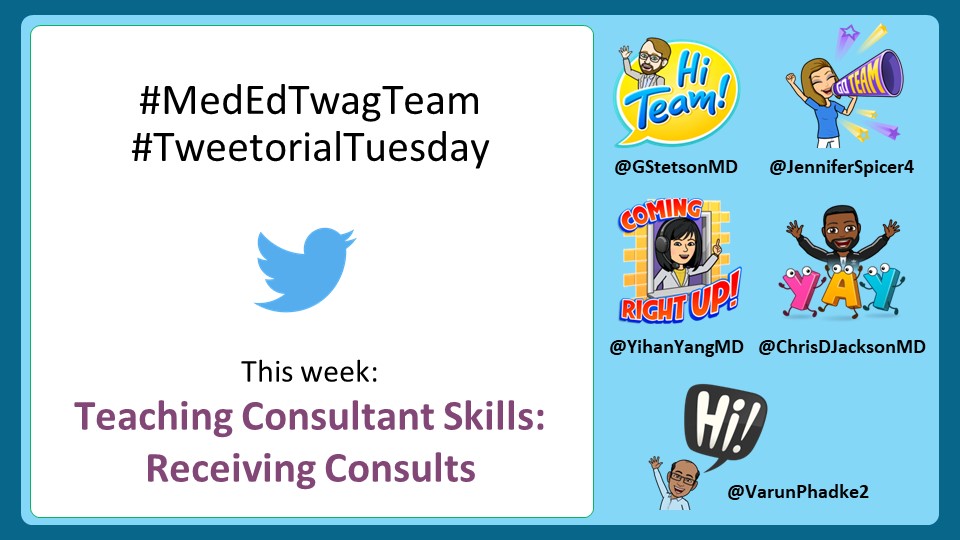
ID/#TxID physician @EmoryMedicine. Passionate about teaching ID/IM and #ClinicalReasoning.
2 subscribers
How to get URL link on X (Twitter) App


 2/
2/
 2/
2/https://twitter.com/JenniferSpicer4/status/1628082665025941512?s=20

 2/
2/
 2/
2/
 2/
2/
 2/
2/
 2/
2/https://twitter.com/VarunPhadke2/status/1233841954615681025

 2/ Whenever I want a refresher on setting expectations, I refer to this high-yield previous thread by @GStetsonMD
2/ Whenever I want a refresher on setting expectations, I refer to this high-yield previous thread by @GStetsonMDhttps://twitter.com/GStetsonMD/status/1303329970526105600

 2/ If you’re a clinical teacher in a subspecialty & wanted to incorporate pearls from #TweetorialTuesday, you've probably said to yourself (like I did):
2/ If you’re a clinical teacher in a subspecialty & wanted to incorporate pearls from #TweetorialTuesday, you've probably said to yourself (like I did):


